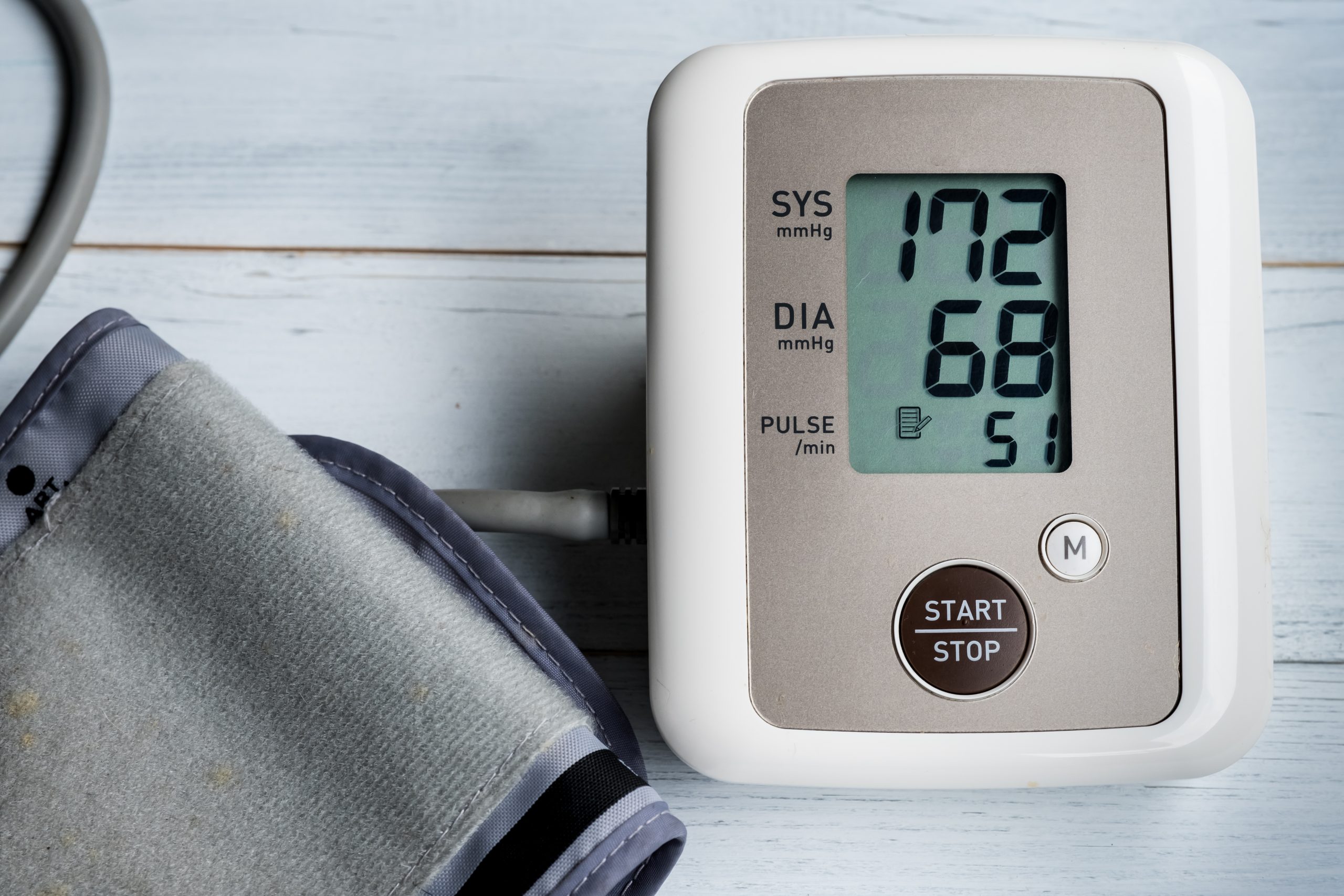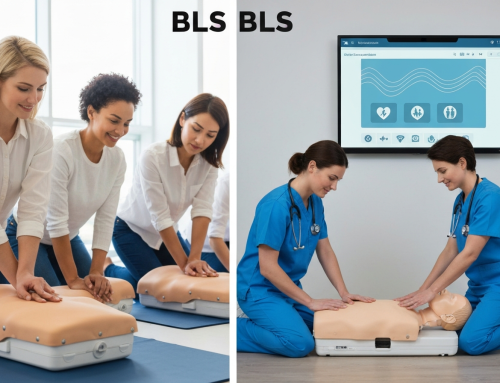A lot of people ask “My Blood Pressure is too high; what should I do?” We have in this article some helpful tricks. In America, hypertension (high blood pressure) ranks first among the causes of cardiovascular disease. It can also damage your eyes and kidneys. About half of the individuals in the United States who have hypertension do not have it under control, and one-third of those people are adults.
Blood pressure can be calculated using two values, such as 140/90. Systolic pressure, the force acting on blood arteries during a heartbeat, is quantified by the first number. Diastolic pressure, the force acting on the blood vessels during the time the heart is at rest between beats, is quantified by the second number.
Just when is it best to take my blood pressure readings?
Never skip a blood pressure check, regardless of how you feel. For the most part, hypertensive patients show no outward signs of illness. In addition to numerous pharmacies and medical offices, you can take your blood pressure readings at home.
Be sure to take your medications.
Always remember to take your medication as prescribed. To help lower high blood pressure, your healthcare provider may prescribe medication. Always take the prescription as prescribed by your healthcare provider, regardless of whether you feel well. If the medicine has any negative side effects, you should inform your healthcare provider. The medical staff caring for you can advise you on methods to lessen the severity of side effects or even prescribe an alternative medication that might be safer.
Get up and get your body moving!
Do something. Maintaining an active lifestyle will support healthy weight management and cardiovascular health. Do your best to walk for 10 minutes, three times per day, five days per week.
Start yourself on a healthy eating plan
Be sure to eat healthily. Opt for foods that are low in sodium (salt) and trans fat. The average American consumes more sodium than is healthy for them.
A daily salt intake of fewer than 2,300 mg is recommended for all individuals aged 2 and above.
Even lower than that, at 1,500 mg daily, is the recommended intake for adults 51 and above, African Americans of all ages, and those suffering from hypertension, diabetes, or chronic renal disease.
There are other medical experts than your doctor who can advise you on how to implement the ABCS plan. Together with your doctor, a team of specialists including pharmacists, community health workers, health coaches, and nurses can assist you in reaching your health objectives.







Leave A Comment